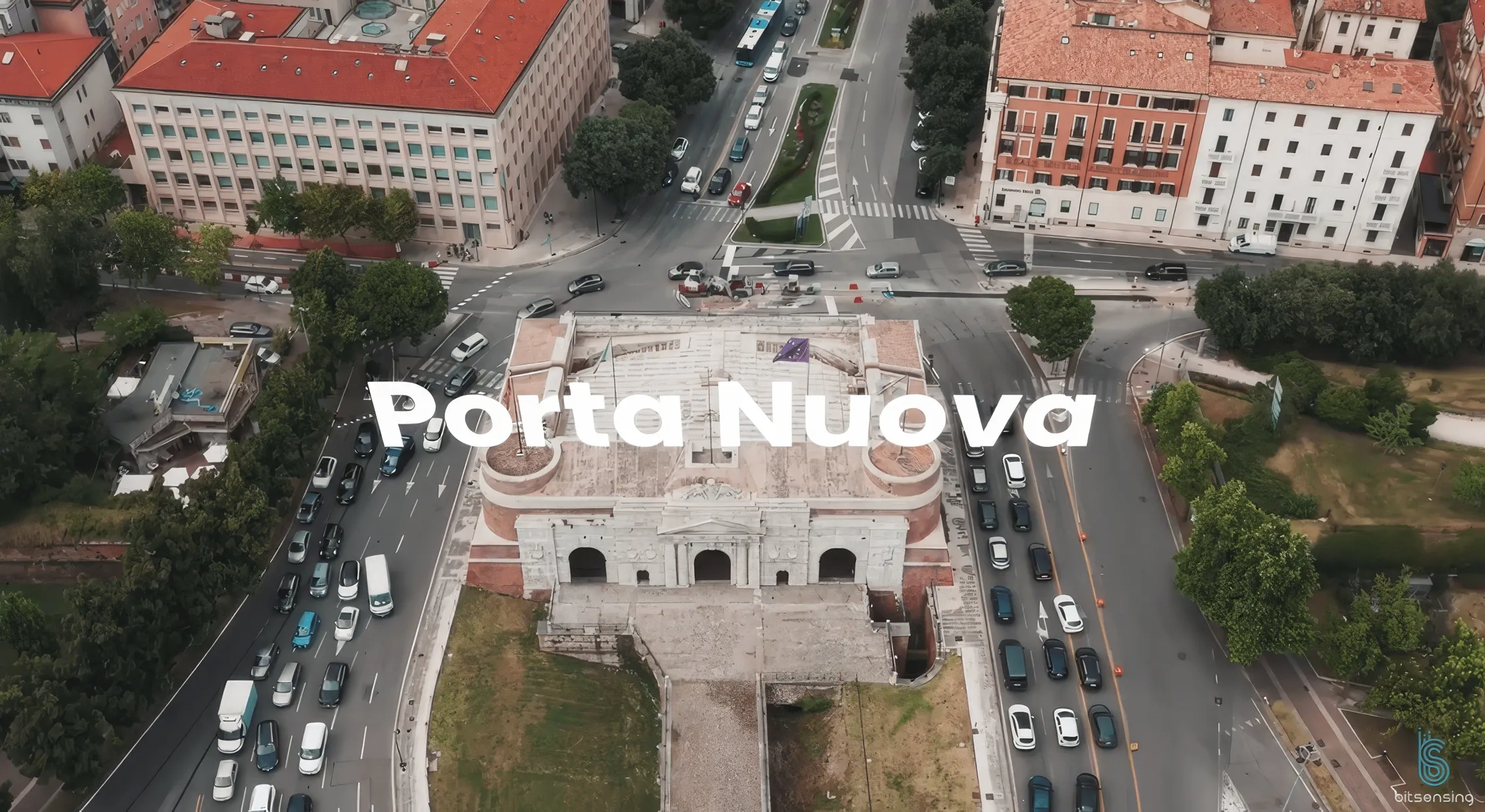The move is part of NYC Transit’s plans to modernise the bus fleet and speed up rides – by gathering evidence on drivers who obstruct buses - and will involve putting the Automated Bus Lane Enforcement (ABLE) system on vehicles which operate on routes in Manhattan and Brooklyn.
The pilot will evaluate the product’s effect on bus speeds and travel times and follows what the transit authority calls “a successful…proof-of-concept test that determined an ABLE system could capture sufficient evidence to enforce bus lane traffic violations”.
The cameras will be installed on new buses that will be delivered over the next year.
Data from them will be transmitted to NYC Department of Transportation for review and processing.
Marcus Welz, president of Siemens Intelligent Traffic Systems in North America, says: “Technologies like this will…help mitigate traffic congestion and optimise travel time and safety, also benefiting road users who will spend less time sitting in traffic.”
Darryl Irick, NYC Transit senior vice president of buses, says the tech “will make a real difference toward clearing the way for our buses as they navigate some of the most congested roadways in the nation”.
Siemens trials bus lane enforcement tech in New York
Siemens Mobility has won a $6.2m contract to trial enforcement technology on New York City’s buses.
April 1, 2019
Read time: 1 min










